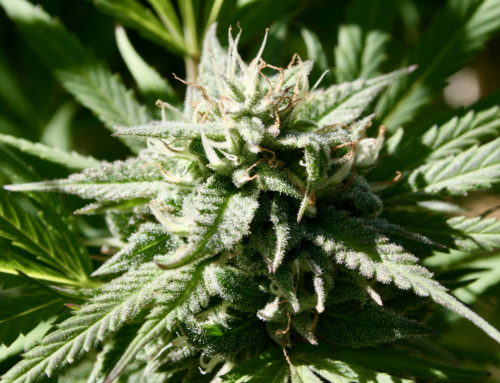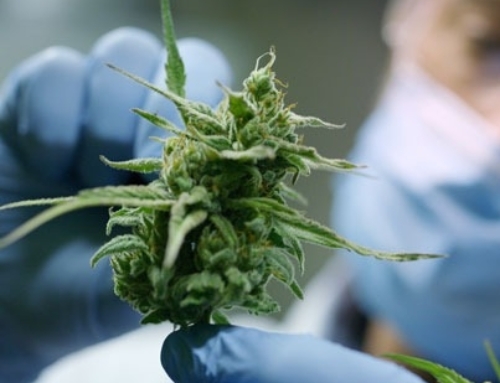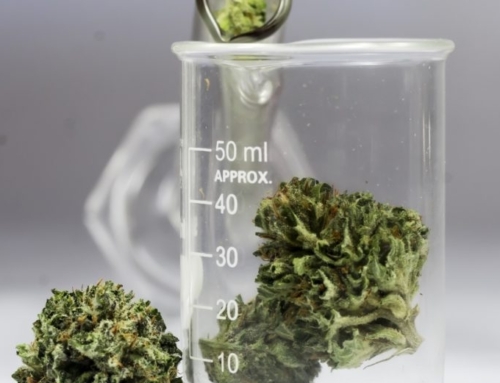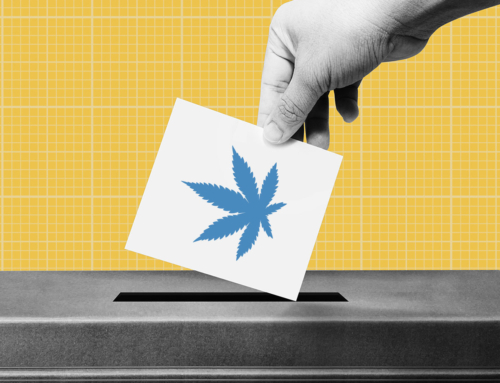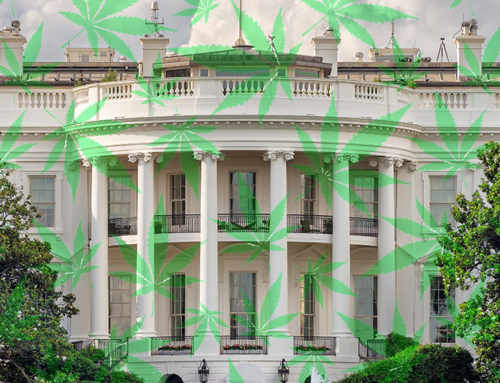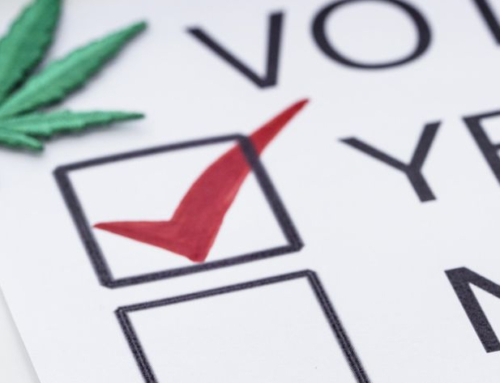Scientists from the Scottsdale Research Institute (SRI) just slapped the US Drug Enforcement Agency with a lawsuit for delaying their application sent in to grow cannabis for research.
The said scientists submitted the cannabis grow application three years ago – but today, they are still waiting for a response.
The University of Mississippi is the only establishment in the country that has ever been approved to legally grow cannabis for research. However, the cannabis supplied by the school is inadequate, and has caused stalls in research for many years now. That’s not even considering the fact that the cannabis being grown there has been criticized for being of extremely poor in quality.
Even if the DEA opened up applications for more licensed cannabis for use medicinally over two and a half years ago, they have received over 25 applications and not one of them have been approved, including SRI’s application. According to Sue Sisley, SRI head researcher, she and her colleagues say that the quality of pot they have received from the University of Mississippi isn’t enough for their research into the potential therapeutic effects of the drug for treating PTSD among veterans.
They also claim that the DEA is purposely ignoring their application, which is preventing them from studying cannabis. “While most states in the US recognize that cannabis has medical value, the DEA says otherwise, pointing to the absence of clinical research,” Sisley said. “But at the same time, government regulations and bureaucracy prevent researchers like SRI from ever doing the clinical research the DEA has overtly demanded.
“DEA’s delay in noticing or responding to SRI’s application is unlawful, unreasonable, and egregious,” wrote the SRI in their argument. “It contravenes the letter and spirit of the Controlled Substances Act, seriously harms the SRI, and hampers SRI’s efforts to help suffering veterans through clinical research.”
“Everyone – including the agency – agrees that this research is important and that the need for research is generally urgent,” SRI writes. “Here, DEA can act with little expenditure of resources.”
The SRI also point out to Attorney General William Bar in their lawsuit, since he has always said that he was supportive of promoting opportunities for cannabis research. He went as far as saying that he would investigate the DEA application process, which has been hindered by the Department of Justice, particularly former AG Jeff Sessions.
The Issue of Bias in US Cannabis Research
There’s much more politics to cannabis research in the United States than you think, but it’s a problem that could easily be solved if pot was no longer a Schedule 1 substance.
Last January 2017, a report by the National Academies of Sciences, Engineering, and Medicine revealed that there was some sort of a bias on current cannabis research. As it is so far the most comprehensive report we have on cannabis, the researchers noticed that results have been skewed, stating that the NIDA actually caused many studies to intentionally reveal negative results.
“In the United States, cannabis for research purposes is only available through the NIDA Drug Supply Program,” says the report. “The mission of the NIDA is to ‘advance science on the causes and consequences of drug use and addiction and to apply that knowledge to improve individual and public health,’ rather than to pursue or support research into the potential therapeutic uses of cannabis or any other drugs… As a result of this emphasis, less than one-fifth of cannabinoid research funded by the NIDA in fiscal year 2015 concerns the therapeutic properties of cannabinoids,” says the report.
In other words, a whopping 80% of cannabis studies released in 2015 were negative in results, with just 20% of them actually discussing the health benefits of the plant.
These findings prompted the researchers to conclude that the NIDA played a role in highlighting “on the consequences of drug use and addiction constitutes an impediment to research on the potential beneficial health effects of cannabis and cannabinoids.”
The researchers also mention the poor quality of NIDA-grown pot – which has become common knowledge in the scientific community, yet the government fails to listen.
“Because of restrictions on production and vicissitudes in supply and demand, federally produced cannabis may have been harvested years earlier, is stored in a freezer (a process that may affect the quality of the product,” says the report.



